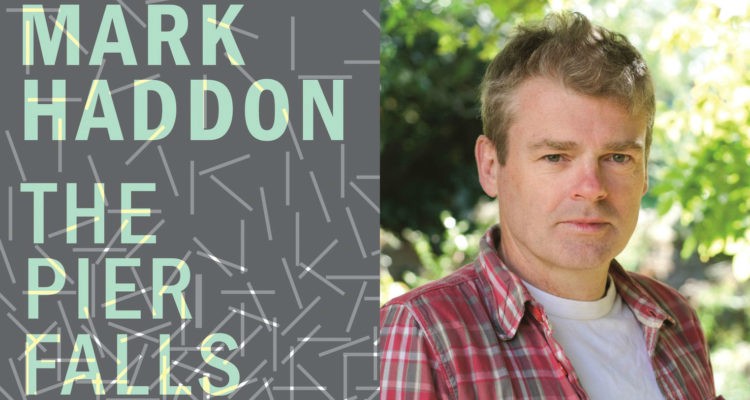Books & Culture
Juliet Escoria Wants to Hurt You with Witch Hunt

More than a celebration of beauty, great poetry is often an unapologetic acceptance of human fragility and the sharp darkness it’s wrapped in. Juliet Escoria’s Witch Hunt is the kind of poetry collection that digs into its author’s past traumas, lingering regrets, emotional and physical scars, and the memories of her most dismaying experiences to somehow create a communal song about how messed up, sad, and insolently self-destructive humans are. In fact, more than a poetry collection, Witch Hunt is an invitation to look at and probe all of Escoria’s wounds, which much like Nietzsche’s abyss, end up looking back at and probing the insides of the reader.
While a large percentage of contemporary poetry is either trying too hard to experiment on new ground but lacking a narrative to do it with or, on the other hand, still tied to themes like love, heartbreak, and beauty, the poems offered in Witch Hunt are about the “suicide attempts, the drugs, the hospitalizations, the relationship I had as a teen where he left bruises.” Page after page, Escoria digs around her past with a scalpel in order to present bloody, black-and-blue morsels of her journey, and the result is a collection that’s uncomfortable to read and impossible to forget.
Witch Hunt is divided into eight sections, but depression, chemicals, abuse of all kinds, despondency, and dealing with the past/processing memories are all cohesive elements that can be found throughout the collection. Also, there are parts within those sections that read like smaller subdivisions. One in particular is “Letters to ex-Lovers,” in which Escoria directly confronts past partners with unforgiving honesty. The first lines of “Dear Patrick” are a great example of her devastating honesty:
I’m not sorry for forgetting your address or your phone number, but I must admit I do have some regrets about the loss of your face. When I think of you there is nothing anymore, just static.
Escoria’s first book, Black Cloud, introduced the world to a voice that wasn’t afraid to go into the darkest corners of life and pull out whatever hides there. This new book, however, feels more dangerous because it already visited those places, so that any trace of fear is gone, any hesitancy has vanished, and the fact that her past has already been cracked open only means the author had to dig even deeper to deconstruct herself. This process leads to writing that’s viciously straightforward and stouthearted, writing that isn’t afraid to say things that most people would keep to themselves:
Sometimes when I look at a cute baby or an animal I think about it getting run over by a train and the noise it would make.
Sometimes when I’m trying to fall asleep I think of a giant, ripping the roof from my house like a sardine can and plucking me off into the night. He takes me home and lays me out on a baking sheet and I am too scared to run away. I’m put in the oven and it is very warm in there and it makes me sleepy. I am left in there for a long time. It feels like decades. Eventually I am all dried up and crispy, so the giant takes me out and chops me into a fine powder and lines me into rails and then he snorts me.
As the discussion about trigger warnings rages on, Escoria has released a cannon on the world. Breathtakingly raw and remorseless about the elements it brings to the table, Witch Hunt is intoxicating and sexy, dangerous and painful, strange and unexpectedly hypnotic in the way only things that make you feel like a voyeur can be. This book constantly walks the line between poetry and flash nonfiction and inhabits the interstitial space between journal and gutter manifesto. Some literature takes the spotlight, thanks to its creeping, unrelenting darkness, and this is one of those books. Sure, there are tiny slivers of hope sprinkled along the way, but each time the reader comes across one, what came before has been so disarming that it is impossible to bend down and pick it up. Ultimately, this is Witch Hunt’s greatest achievement: it shows us the ways Escoria lives and has lived, how she has dished out pain and how she been hurt, and we are thankful to be hurt alongside her.









